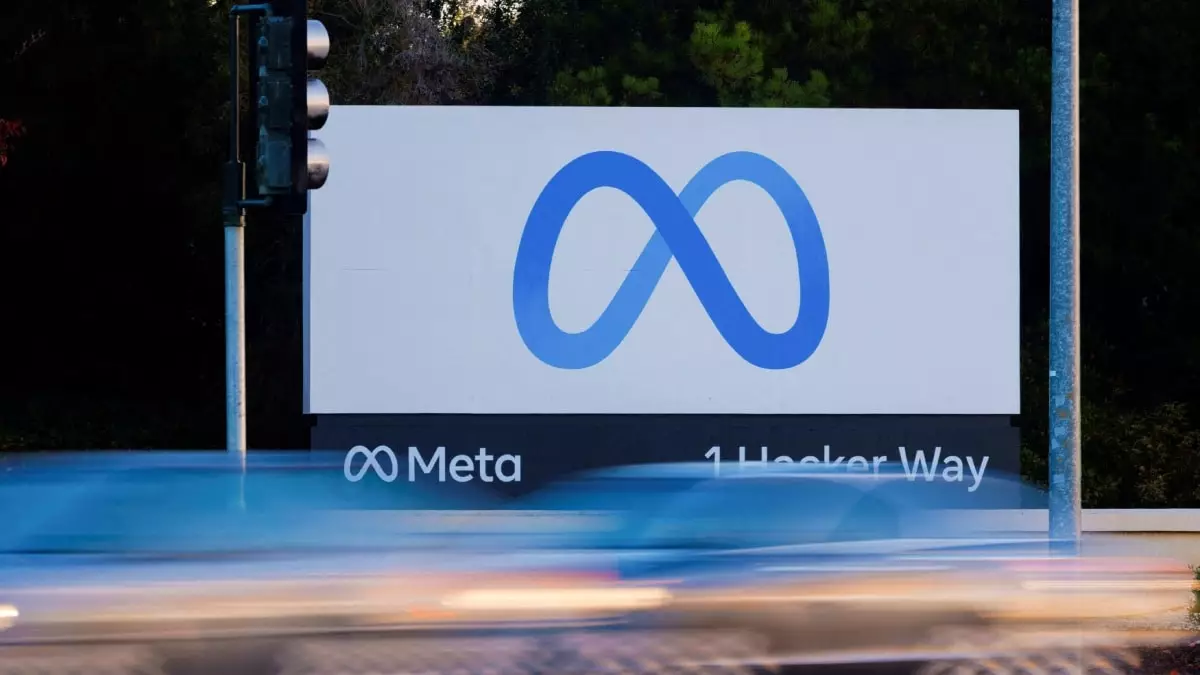In an era where misinformation can spread rapidly through social media platforms, Brazil’s government has signaled its serious apprehension toward the recent changes in Meta’s fact-checking program. Solicitor General Jorge Messias has formally requested that Meta provide an explanation for its adjusted policies, setting a deadline for Monday. The gravity of this request indicates that Brazilian authorities are well aware of the implications these changes might have on public discourse, especially in a nation grappling with its own challenges regarding misinformation and social cohesion.
The heart of the Brazilian government’s concern lies in the decision by Meta to dismantle its US fact-checking initiative while simultaneously softening restrictions on critical discussions related to immigration and gender identity. Such transformations in policy could potentially allow the proliferation of unchecked narratives, thereby fostering divisions and misunderstandings in Brazil’s diverse society. As Messias likened Meta’s fluctuating stance to an “airport windsock,” it becomes evident that the Brazilian government perceives this inconsistency as not only reckless but also detrimental to its democratic framework.
Last Thursday, President Luiz Inacio Lula da Silva expressed his alarm over the changes, branding them as “extremely serious.” This sentiment resonates with a populace that has become increasingly skeptical of corporate power over social narratives. The president’s response suggests that the Brazilian government is prepared to take a firmer stance against entities it perceives as undermining the integrity of discourse, especially one that is crucial to the democratic process. This indicates a broader government initiative to protect social discourse from manipulation and misinformation, highlighting the necessity of accountability from major digital platforms.
What is particularly noteworthy about this situation is the broader implication it holds for social media governance worldwide. As Meta’s adjustments predominantly affect the US market for now, the resulting fallout could inspire similar scrutiny from other nations questioning the efficacy and integrity of tech giants. The scenario invites a conversation about the responsibilities that come with the significant power wielded by social media platforms, particularly in countries struggling with their own battles against misinformation and societal division.
With the deadline set for Monday, the Brazilian government awaits Meta’s answer amidst rising tensions. Their ultimate decision could either appease concerns about transparency and accountability or further exacerbate mistrust among Brazilian citizens. The world watches closely, as the outcome of this situation may set a precedent on how governments interact with tech companies in protecting the integrity of information that shapes public opinion and democratic values. Ultimately, Brazil’s firm stance signals a defining moment in the global conversation surrounding the responsibilities of social media platforms and their impact on society.

